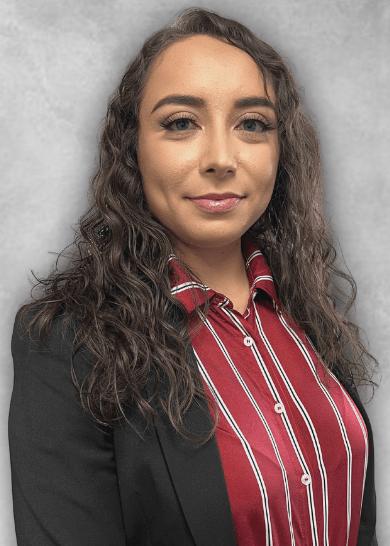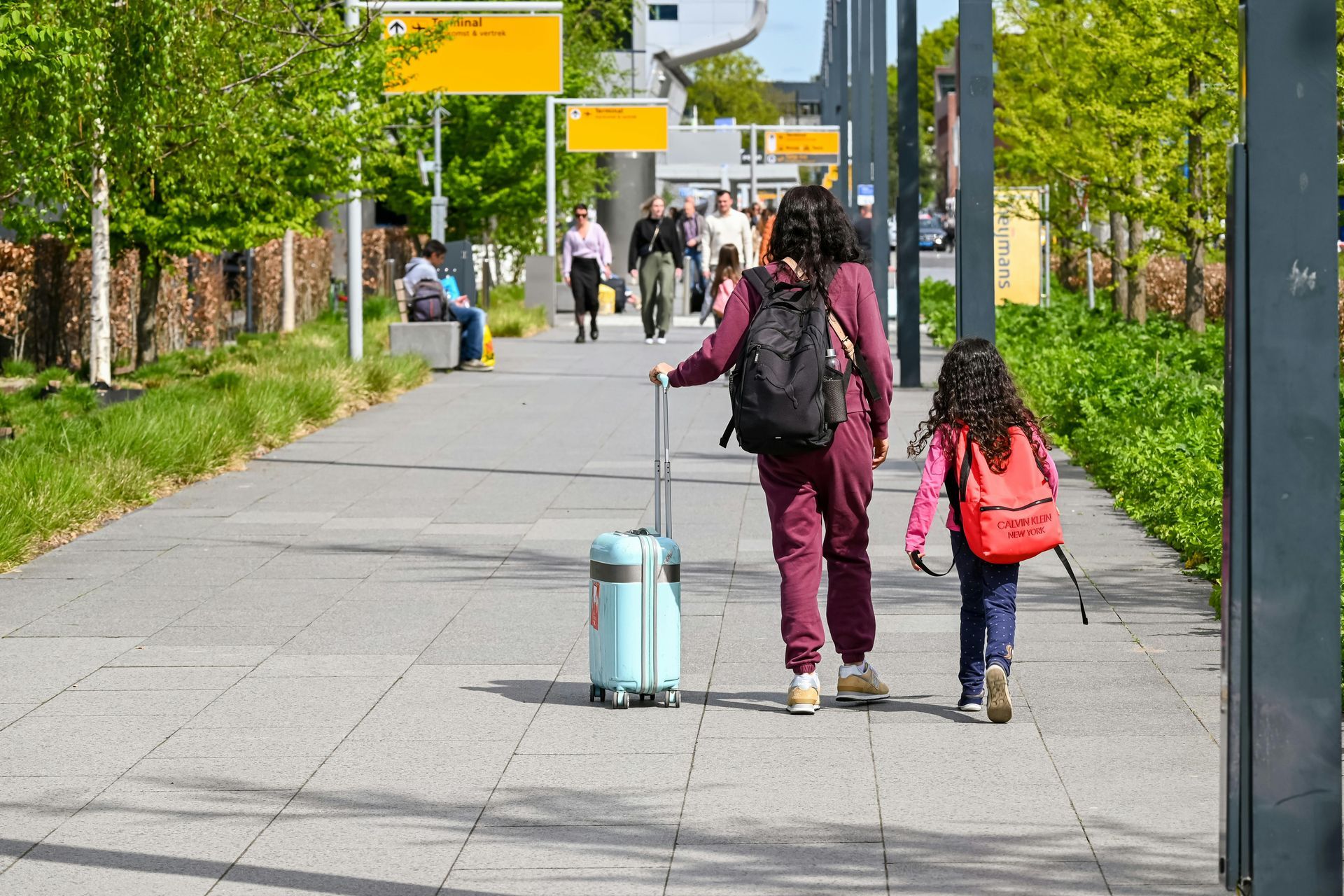Денис Флорес, эсквайр.
Денис Флорес, эсквайр. Электронная почта: dflores@santoslloydlaw.com

Under the new regulation, if a person filed or files Form I-589, Application for Asylum and for Withholding of Removal after October 1, 2024, and the application remains pending with USCIS for 365 days, the applicant must pay an Annual Asylum Fee (AAF) on the one-year anniversary of his or her filing date.

Family-based immigration remains one of the most common paths to lawful permanent residency in the United States. It offers a lifeline to families hoping to reunite across borders, but the process is far from simple. The outcome of the applications can be delayed as a result of potential missteps while preparing the applications. Here are some of the most common pitfalls and how to avoid them: Incomplete or Inaccurate Forms One frequent mistake is submitting incomplete or inaccurate information on the forms like the I-130 (Petition for Alien Relative) and the I-485 (Adjustment of Status). Even minor errors such as misspelled names, missing signatures, or incorrect dates—can result in Requests for Evidence. To avoid this misstep, double-check all entries, cross-reference documents, and consult with an attorney before submission. Remember, immigration forms are legal documents so accuracy matters. Insufficient Supporting Evidence Proving a genuine familial relationship is the basis of family-based petitions. For spousal cases, USCIS looks closely at evidence of a bona fide marriage. Little or no supporting documents and evidence may lead to Requests for Evidence and even skepticism from USCIS. To establish a bona fide marriage, include documentation to show shared finances and liabilities. Filing Under the Wrong Category or Preference There are different immigration paths depending on whether the petitioner is a U.S. citizen or lawful permanent resident, and whether the beneficiary is a spouse, child, sibling, or parent. Each category has different processing times and visa availability. It is critical that before applying, you understand which preference category applies to your case. Immediate relatives of U.S. citizens (spouses, parents, unmarried children under 21) generally receive faster processing and are not subject to annual visa caps. Not Disclosing Past Immigration or Criminal History Many applicants fail to account for past immigration violations such as visa overstays, unauthorized work, or prior removal orders. Similarly, if you fail to disclose past criminal history and these issues surface later in the process they can affect the outcome of the case. Disclose everything to your attorney, no matter how minor or old the issue seems. Prior violations don’t always mean denial but not disclosing them may lead to serious consequences. If you're considering filing a family-based petition, consult with an experienced immigration attorney at our office. Our office is committed to helping families navigate this complex process with clarity and confidence.
Адвокат Денис Флорес — дочь родителей-иммигрантов из Мексики. Она воочию стала свидетельницей того, какое влияние иммиграционный закон оказывает на семьи иммигрантов и отдельных лиц. Г-жа Флорес начала свою карьеру в сфере иммиграции в 2015 году, когда она была студенткой государственного университета Сан-Диего. Она присоединилась к фирме по иммиграции и натурализации в Сан-Диего и начала работать секретарем, а затем стала помощником юриста. Благодаря своей работе она обнаружила в себе страсть к иммиграционному праву и решила поступить на юридический факультет, чтобы продолжить карьеру иммиграционного адвоката. Во время учебы на юридическом факультете г-жа Флорес была активным членом и членом правления Общества иммиграционного права юридического факультета. Она работала с правозащитными и иммиграционными некоммерческими организациями в округе Сан-Диего, чтобы привлечь внимание к проблемам иммигрантских сообществ. Она также прошла стажировку в окружной прокуратуре округа Сан-Диего, где получила знания в области уголовного права и предстала перед Верховным судом Калифорнии. Г-жа Флорес имеет опыт работы с гуманитарными и семейными иммиграционными петициями, такими как: убежище, TPS, виза U, I-929, VAWA, I-130, отказ от I-601A, корректировка статуса, DACA, а также натурализация. Г-жа Флорес представляла интересы семей и отдельных лиц в Службе гражданства и иммиграции США и Иммиграционном суде. В свободное время г-жа Флорес любит проводить время с мужем и семьей. Она также любит смотреть документальные фильмы, путешествовать и вкусно поесть. Образование и достижения Доктор юридических наук, Школа права Томаса Джефферсона, 2019 г. Награды: с отличием Бакалавр наук, Университет штата Сан-Диего, 2015 г. Прием в адвокатуру Коллегия адвокатов штата Калифорния Языки Английский Испанский





